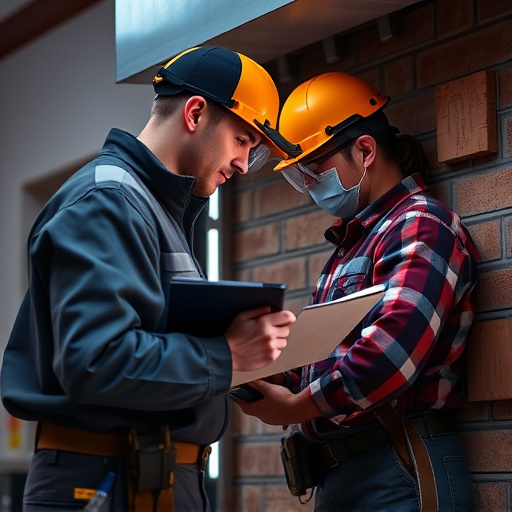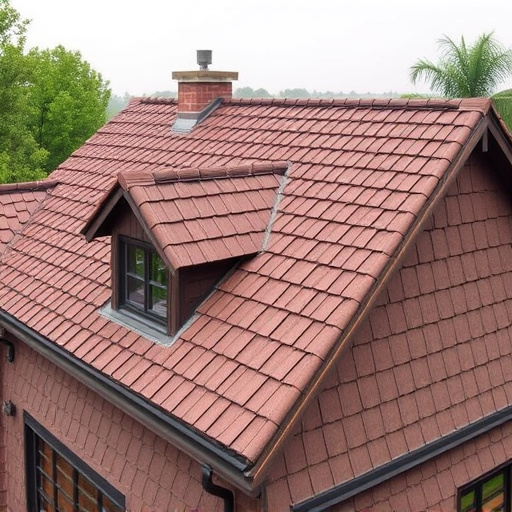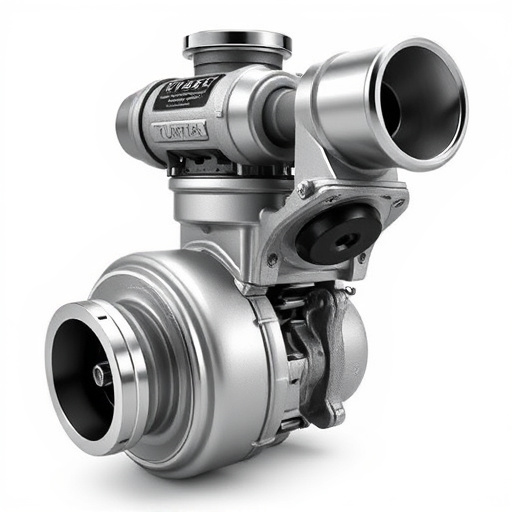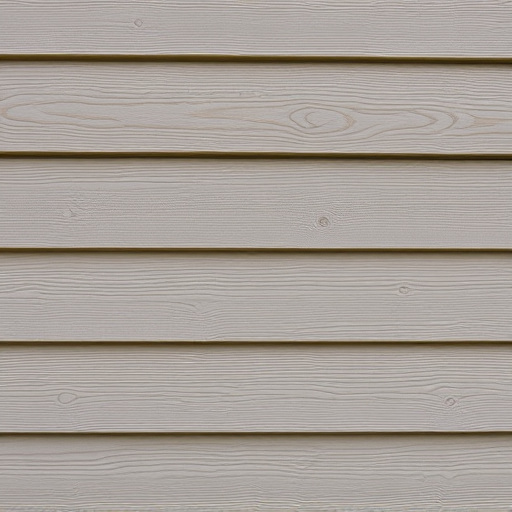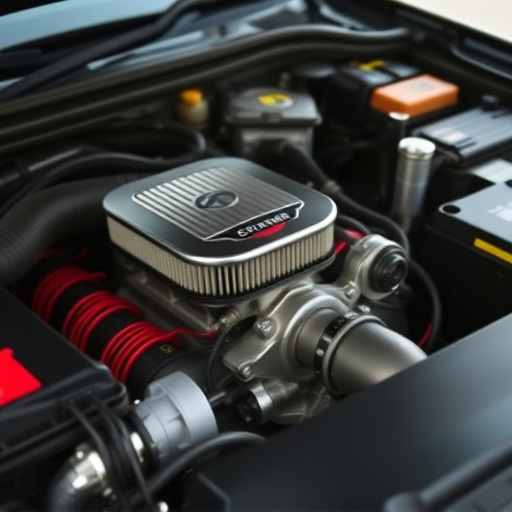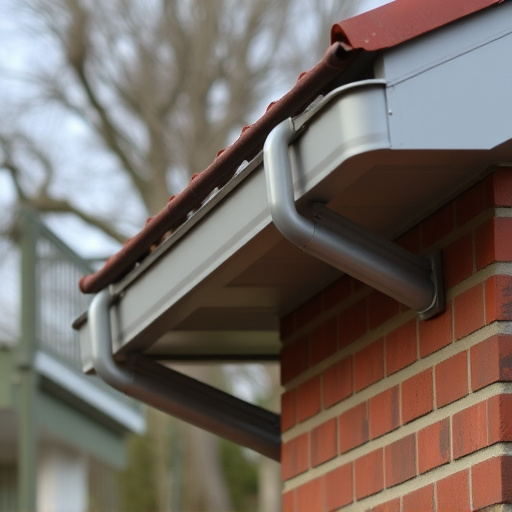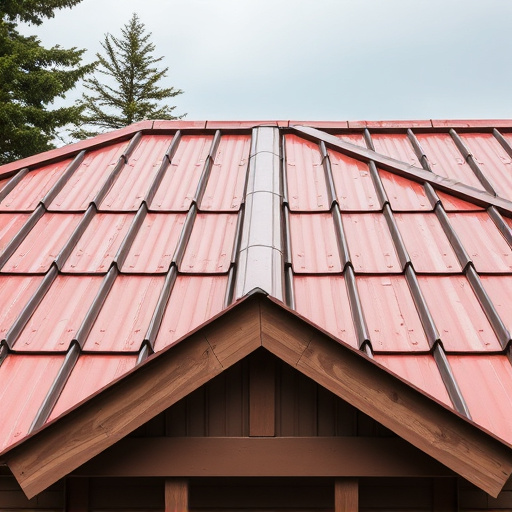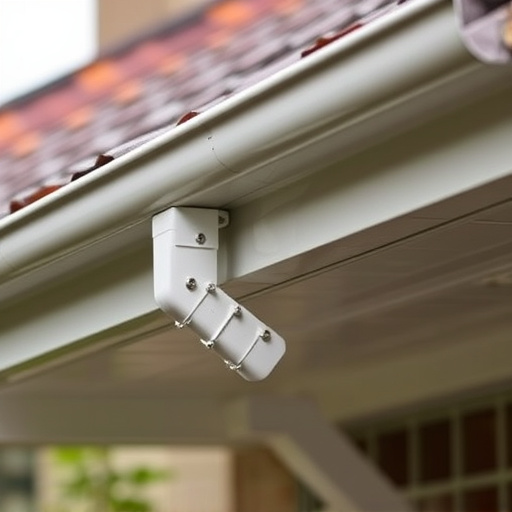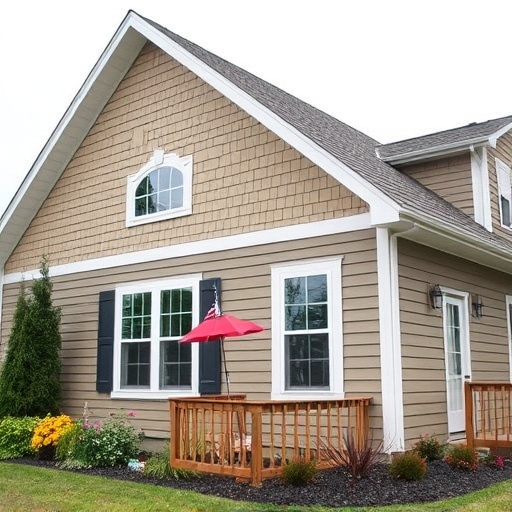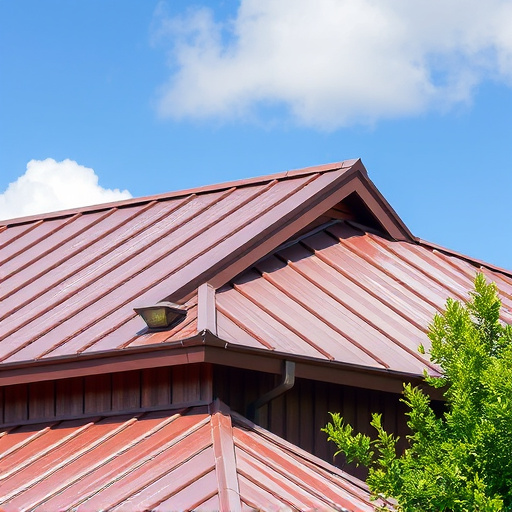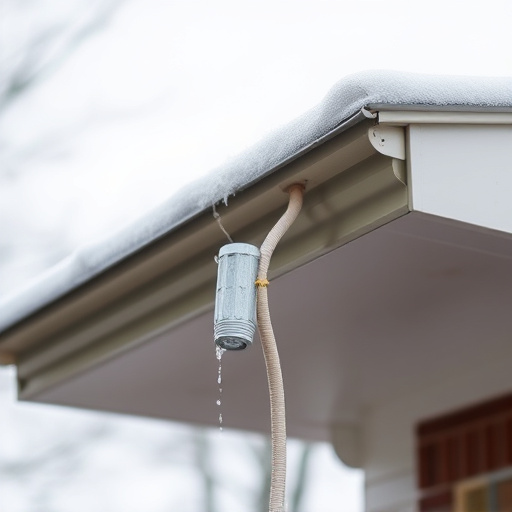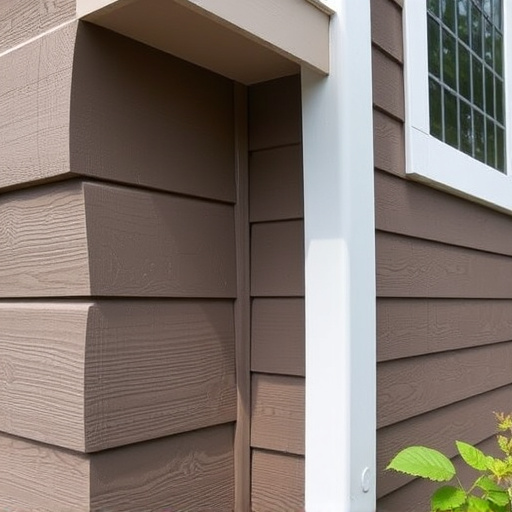Commercial siding is a versatile defense mechanism for business properties, enhancing curb appeal and protecting buildings from environmental stressors. Key to its effectiveness is insulation, which offers thermal protection and moisture management. Proper insulation minimizes heat transfer, reduces temperature fluctuations, and protects against extreme weather, lowering energy costs and structural damage. High-quality insulating materials and expert installation techniques maximize these benefits, contributing to the longevity and value of commercial properties. Professional roof repair services also ensure the integrity of commercial siding systems.
In the realm of commercial construction, selecting the right exterior cladding is paramount. This article explores the often-overlooked yet critical component: insulation in commercial siding systems. We delve into the unique challenges faced by these structures and how proper insulation can significantly enhance energy efficiency, reduce maintenance costs, and extend building longevity. By understanding the vital role of insulation, contractors and property managers can make informed decisions, ensuring their commercial siding stands the test of time.
- Understanding Commercial Siding and Its Challenges
- The Vital Role of Insulation in Siding Systems
- Benefits and Best Practices for Effective Insulation
Understanding Commercial Siding and Its Challenges
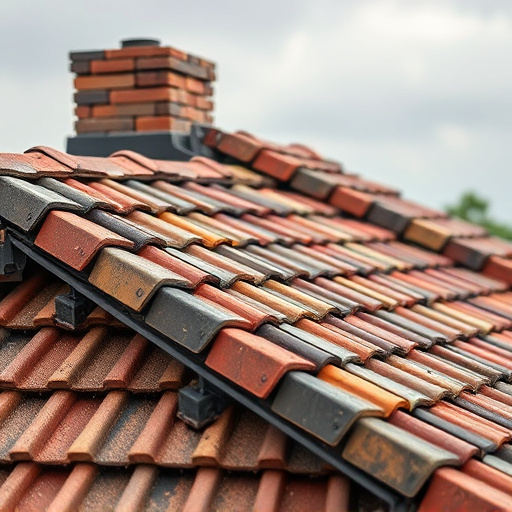
Commercial siding is a vital component of any business’s exterior façade, offering both aesthetic appeal and functional benefits. It involves specialized materials designed to protect buildings from environmental elements like extreme temperatures, precipitation, and strong winds. However, this demanding role presents several challenges unique to commercial spaces. Unlike residential properties, these structures often encompass larger areas with diverse architectural features, requiring siding solutions that can accommodate various shapes, sizes, and heights.
Moreover, commercial siding must withstand the test of time, heavy foot traffic, and constant exposure to harsh conditions, from industrial pollution to frequent vehicle movements around loading docks. Home service solutions catering to roof repair and roof consulting play a crucial role in addressing these issues, ensuring that siding remains intact and effective over extended periods. Effective insulation is at the heart of this strategy, providing thermal protection against extreme weather while also managing moisture accumulation to prevent water damage and structural decay.
The Vital Role of Insulation in Siding Systems
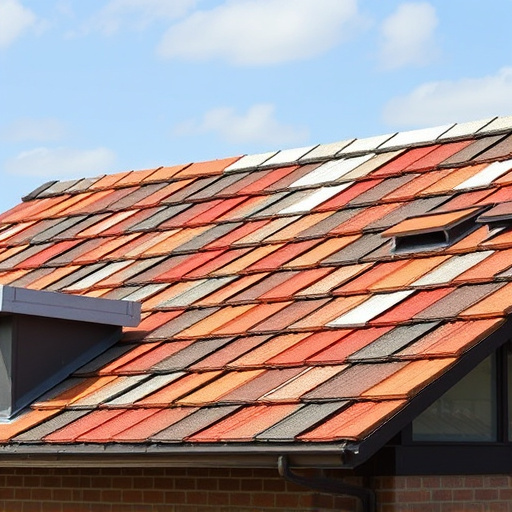
In commercial siding systems, insulation plays a pivotal role, serving as a critical component for energy efficiency and structural integrity. Beyond simply protecting the building from external elements, proper insulation significantly reduces heat transfer, minimizing temperature fluctuations inside the structure. This is particularly crucial in extreme weather conditions, ensuring consistent indoor comfort and lowering energy costs associated with heating and cooling.
For commercial siding installation and roofing services, considering insulation becomes even more essential. Adequate insulation also acts as a protective barrier against storm damage repair needs, shielding buildings from the harsh impacts of wind, rain, and snow. By mitigating these environmental factors, insulation contributes to a longer-lasting commercial siding system, enhancing the overall durability and value of the property.
Benefits and Best Practices for Effective Insulation
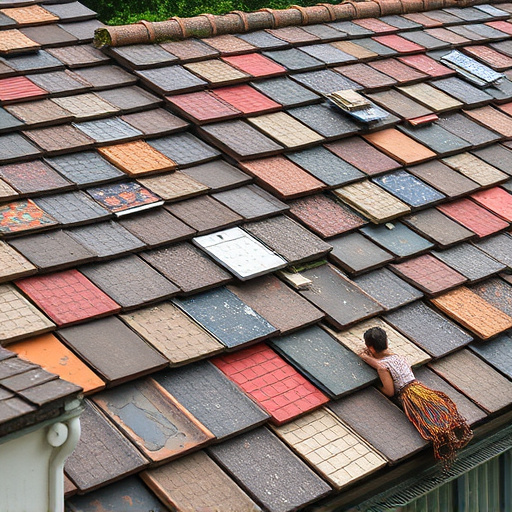
Insulation plays a vital role in commercial siding systems, offering numerous benefits that extend beyond aesthetic appeal. By effectively insulating buildings, businesses can significantly reduce energy costs associated with heating and cooling, contributing to both cost savings and environmental sustainability. Well-insulated commercial siding not only improves energy efficiency but also enhances the overall structural integrity of the building, providing better protection against harsh weather conditions.
To maximize these advantages, best practices for insulation implementation are essential. Professional siding experts recommend utilizing high-quality insulating materials tailored to the specific needs of commercial properties. Proper installation techniques, such as ensuring seamless coverage and sealing all gaps, are crucial. Home service solutions can facilitate this process by offering specialized exterior home improvements that incorporate advanced insulation technologies. By adhering to these practices, businesses can ensure their commercial siding systems provide optimal performance, contributing to a more comfortable and energy-efficient working environment.
In conclusion, effective insulation plays a pivotal role in enhancing the performance and longevity of commercial siding systems. By addressing the specific challenges posed by diverse climates and environmental factors, proper insulation ensures optimal energy efficiency, reduced maintenance costs, and extended lifespan for exterior facades. Implementing best practices, as highlighted in this article, will help contractors and building owners make informed decisions when incorporating insulation into their commercial siding strategies, ultimately contributing to more sustainable and cost-effective buildings.

